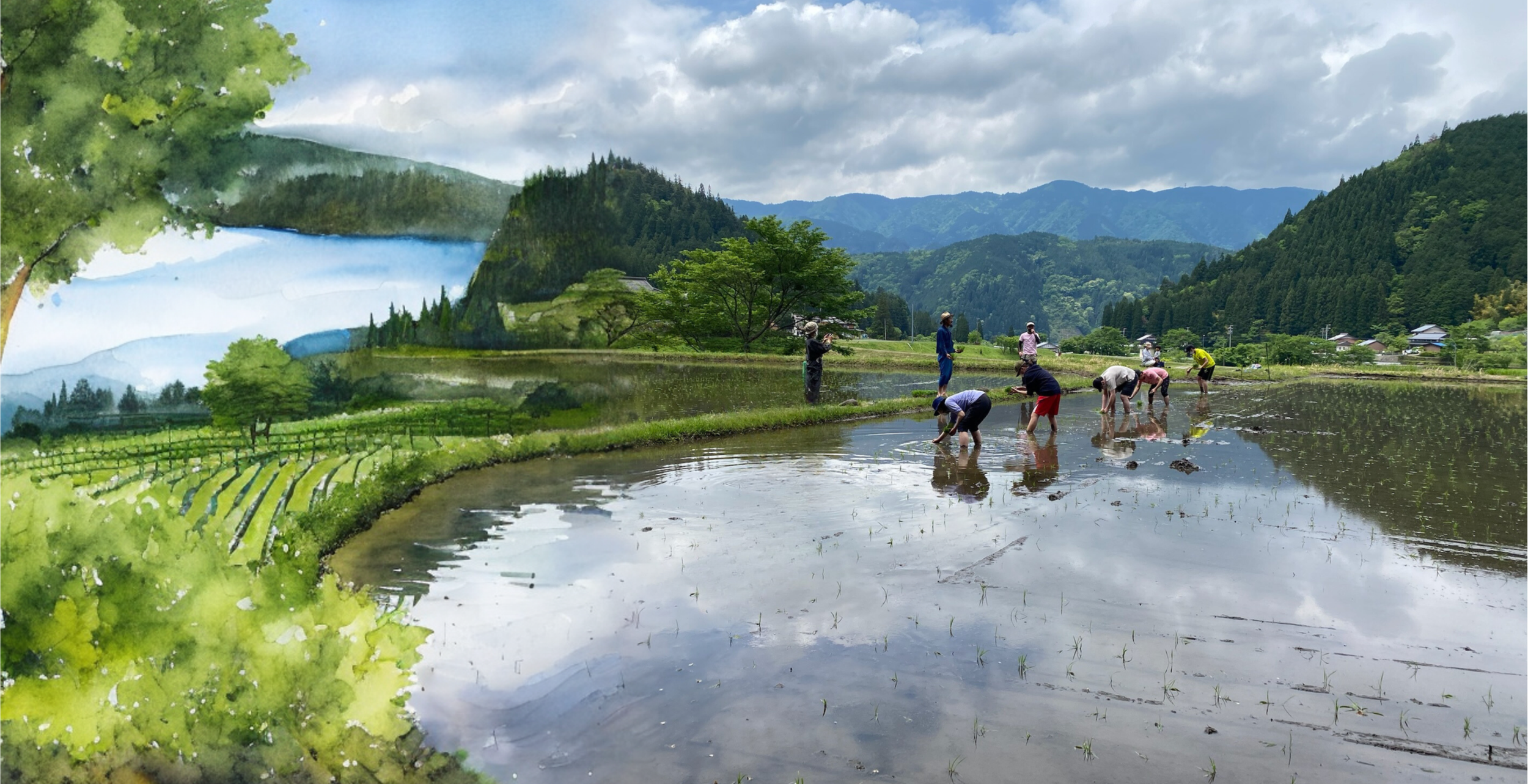
Mantis 21 (Summer 2023)
New Poetry
Christian Cacibauda
Staircase Wit
for Matthew D’Occhio
From the French esprit d’escalier (noun): A witty remark thought of too
late, on the way home. Coined by French encyclopedist Denis Diderot.
We were arguing fitness—how to train
with a barbell, how much protein you need
when you puffed up your chest and proclaimed:
Nothing worth doing is easy, and I, so entranced
by that locker-room logic, agreed. Till a glance
at my life (or any worth living)
showed me how full of shit that sentiment is.
Nothing worth doing is easy? That would mean
every sunset I’ve watched, every dream,
every broadcast and movie that I’ve ever seen—
all the reams of second-rate fiction I’ve read,
every trusting young novice I’ve lured into bed—
All a waste! Life is hard, or should be, at least
That’s the credo of masochists, martyrs, and priests.
Nothing worth doing is easy. It’s what God
said to Adam: by the sweat of thy brow
shalt thou eat of the fields. So it stands even now,
the Protestant Ethic and Catholic Guilt hold us still—
noses to grindstones and shouldering ploughs.
I would know. The love of hard work is a family curse.
Grampa Jack, for the sake of a new garden shed,
hauled his concrete by hand (though the wheelbarrow worked)
till the strain burst his heart and he keeled over dead.
Nothing worth doing is easy, he’d said.
And the sins of that father survived in my own,
who once, in a rage, smashed the family phone
(It wouldn’t—or couldn’t—place a long-distance call).
Nothing’s simple, he grumbled, impatient and rankled
as he knelt with his tools, yellow paint, and white spackle,
and patched up the hole in the living room wall.
Of course, some things are hard. Nor would I—
a “privileged,” white, suburbanite male—deny
that the battles hard-fought or the accolades won
by those whose ambitions loom larger than mine
have—and should have—their place in the sun.
But make no mistake: this sick mandate to prize
only that which comes hard is at worst self-abuse;
at best, self-deceit. That way madness lies,
and twelve-hour days at labors you loathe
just to pay for coarse meals, a roof, and rough clothes.
If that’s what you want, why not barter
your life, with its first-world joys,
for the lot of another whose hardships hit harder?
Many do, and have done. Young Siddhartha
abandoned a kingdom. Saint Anthony, too.
Diogenes lived in a barrel. So can you.
Go and live among cynics, or sadhus, or saints.
Rejoice in their pain and their psalms.
Put to death all that’s earthly within you.
Live on locusts, wild honey, and alms.
Nothing worth doing is easy, as we’ve struggled to learn.
If you still buy that, Spartan friend, let me tell you:
in exchange for the boons you’ve received—but not earned—
I’ve a lifetime of ashes and sackcloth to sell you.
CHRISTIAN CACIBAUDA is an itinerant poet and writer. A Native of Reno, he was educated there at the University of Nevada, and at the Universidad del País Vasco, San Sebastián, Spain. His work has appeared in Red Rock Review, Brushfire Literature & Arts Journal, West Trade Review, and Hive Avenue Literary Journal. He lives in Beijing.
